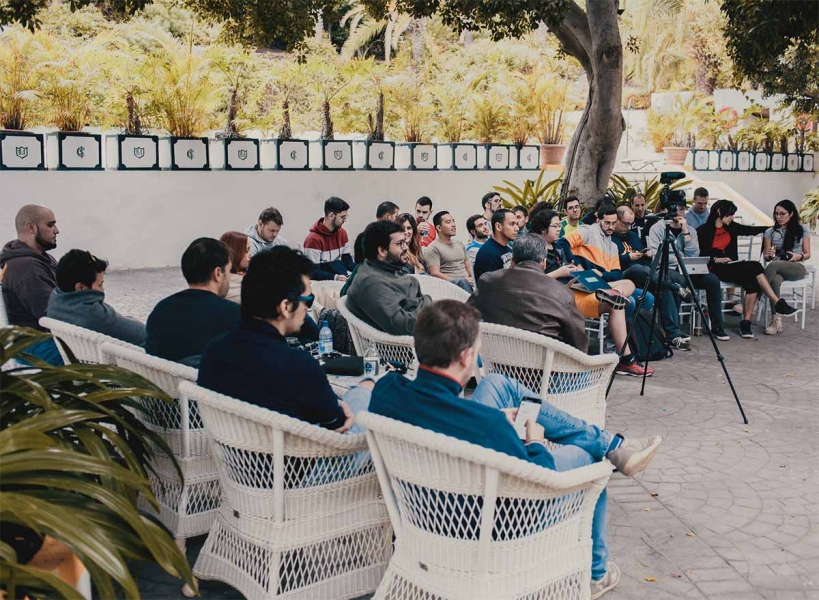I hate bad meetings… I hate them. I hate unprepared boring meetings. They are depressing and make you feel miserable.
Besides that, it’s a very bad practice. You’re spending one of the most valuable resources in a company: people’s time—and you’re wasting a lot of money. Yeah, that meeting costs a lot of money. And if you’re tired or depressed afterward, then the impact is way bigger than just the time spent during the meeting. Wasting people’s energy and draining their motivation can do a lot of damage to an organization.
Meetings should be well prepared and well driven. There are many ways to do that. You can start by taking a look at the 8 rules for running a great meeting, from Eric Schmidt (ex-CEO at Google). It’s not rocket science: having a clear topic, making sure everyone has context and is prepared, having a good great leader guiding the meeting, not inviting the world, etc.
But you have to do it, and, yeah, we’re human beings. A lot of times we don’t do those things perfectly. It’s easy to miss some of the good practices and find yourself in a meeting where the agenda is not clear, you invited some people who are not really needed, etc. We are not perfect, and that’s OK. That’s why it is super important to make changes and corrections immediately, when a meeting has started but is not going in the right direction.
It is great news to cancel a meeting even after it’s started, if that’s necessary. You can always have it later, at a better moment. It’s OK to say: hey, let’s stop talking about this, prepare more, and then text, chat, or even meet again later. Or say: hey, we can solve this problem better with asynchronous communication, after having time to read or listen, then think and respond.
It’s also OK to ask: if I’m not needed I would love to leave the meeting to focus on other things. And focusing on other things could mean taking care of your kids, going for a walk, doing some sport, or just resting watching Seinfeld (yeah, best show ever).
I think it’s also super important to ask people to leave a meeting. It can feel like you don’t need them and it could feel like you don’t appreciate those people, but it’s really the opposite. You appreciate everyone’s time, and that’s why you do it. Time is an extremely valuable resource, one that we can’t recover. We should make everyone aware of this.

Also, stopping a meeting when people are tired is essential. What’s the point of keeping the meeting going? What do you get from that? When people are super tired they tend to stop paying attention, contributing their ideas, thinking… they just can’t do what they need to do to make a meeting useful. So, again, what’s the point?
This attitude is super hard to establish in a company. It requires repeating the behavior and making everyone comfortable with it until they get used to it. You have to manage self esteem and create an environment where people can speak freely, being very transparent about something that is good for everyone, encouraging everyone to speak up. It is always easier to shut up, but the consequences of saying nothing are big.
That’s why building a great culture is extremely difficult. You have to pay attention to many details that can have important consequences. Something that can be seen as simple, like making sure people leave meetings when they are not needed, can make a huge difference in how the whole company perceives their work, and how much the company cares about time, energy, and motivation. Creating the culture you want is not a piece of cake.
Don’t forget to send a clear message: we never want to waste your valuable time and energy.







